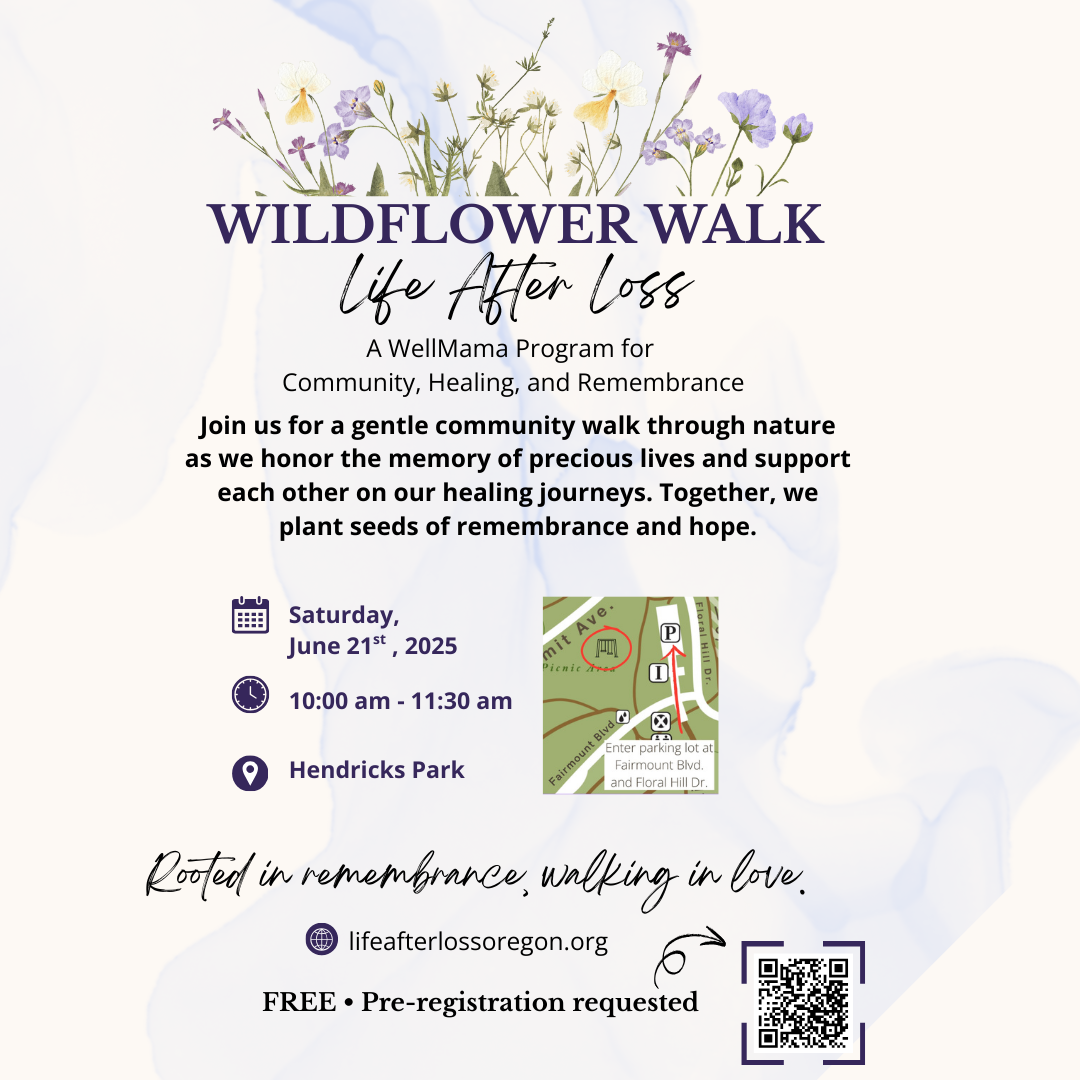Signs of Postpartum Depression and Mental Health Disorders
Pregnancy and postpartum mental health disorders are common, treatable medical conditions. One in five women will experience distressing emotional reactions during pregnancy and the first year after childbirth. These emotional conditions also affect fathers and those who have adopted or suffered perinatal loss. To learn what the signs of postpartum depression are (in accordance to their mental disorder) read below:
Signs of Postpartum Depression (prenatal too!) and Anxiety
- Feeling anxious
- Agitated
- Sleeping too much or not at all
- Trouble falling asleep after waking
- Excessive worrying
- Irritability
- Anger
- Guilt
- Shame
- Feeling disconnected from your family and/or baby
- Appetite changes
- Difficulty concentrating
- And sometimes thoughts of harming the baby or yourself.
Up to 25% of mothers and approximately 10% of fathers will experience prenatal or postpartum depression or anxiety.
Signs of Panic and Generalized Anxiety
- Feeling worried, anxious, or very nervous most of the time
- Recurring panic attacks include heart palpitations, shortness of breath, chest pain, nausea or vomiting, and fear of dying.
Panic and anxiety affect 10% of pregnant women and new mothers. Call us today if think you might be experiencing any of these symptoms.
(510) 352-6578
Text SUPPORTNow For FREE Help.
From peer support volunteers who have been through it too.
Signs of Post-Traumatic Stress Disorder (PTSD)
- Distressing memories
- Irritability
- Difficulty sleeping
- Nightmares
- Hypervigilance
- Efforts to avoid reminders of the trauma.
PTSD can occur during pregnancy or following a traumatic childbirth. Symptoms may be related to a prior traumatic experience or the birth itself. 3-6% of pregnant women and new mothers experience PTSD.
Signs of Postpartum Psychosis
- Having strange beliefs
- Hallucinations
- Irritability and agitation
- Inability to sleep
- Rapid mood changes
- Poor decision-making.
Women with psychosis are not disturbed by the nature of their thoughts or find them unusual. This condition affects .1-.3% of new mothers and usually occurs within the first few days or weeks after birth. Women with psychosis are at significant risk for harming themselves or their infants and need immediate crisis intervention.
Signs of Baby Blues
- Weepiness
- Irritability
- Exhaustion
- Feeling overwhelmed.
The baby blues resolves or dramatically improves within the first three weeks after childbirth. Up to 80% of women will experience the baby blues. 80% of women experience baby blues and up to 25% experience more significant signs of anxiety or depression.
Signs of Obsessive Compulsive Disorder (OCD)
- Intrusive or disturbing thoughts and/or images of harm coming to the baby and a sense of horror about having these thoughts.
- Preoccupation with keeping the baby safe through repetitive actions to reduce the fear and obsessions.
Women disturbed by these thoughts are very unlikely to ever act on them. 3-5% of pregnant and new mothers experience OCD.
Women with Bipolar Disorder
Women with bipolar disorder are at a significantly higher risk of experiencing psychosis, particularly if they are not taking medication and are extremely sleep deprived. It is important to develop a wellness plan with a practitioner familiar with postpartum illnesses. Having adequate support is a must.
If you are experiencing any of the symptoms listed above, remember that you are not alone and you are not to blame. With treatment and support, you will feel like yourself again.
Postpartum Depression Screening
The Edinburgh Postnatal Depression Questionnaire helps mothers and fathers determine whether they are suffering from a pregnancy or postpartum mental health disorder. You complete the questionnaire anonymously online. Scores over 10 indicate the likelihood of anxiety or depression. Answers other than “never” to question 10 suggest you should call your healthcare provider or WellMama (1-800-896-0410) for an assessment. Here it is in Spanish.
When is it Time to Seek Help?
- Your symptoms affect your relationship with your baby and your family.
- You feel alone, ashamed, or the support of family and friends is not enough.
- You believe that things are getting worse, not better.
Contact WellMama at 1-800-896-0410 or Postpartum Support International at 1-800-944-4773 for free support and information on getting help.

